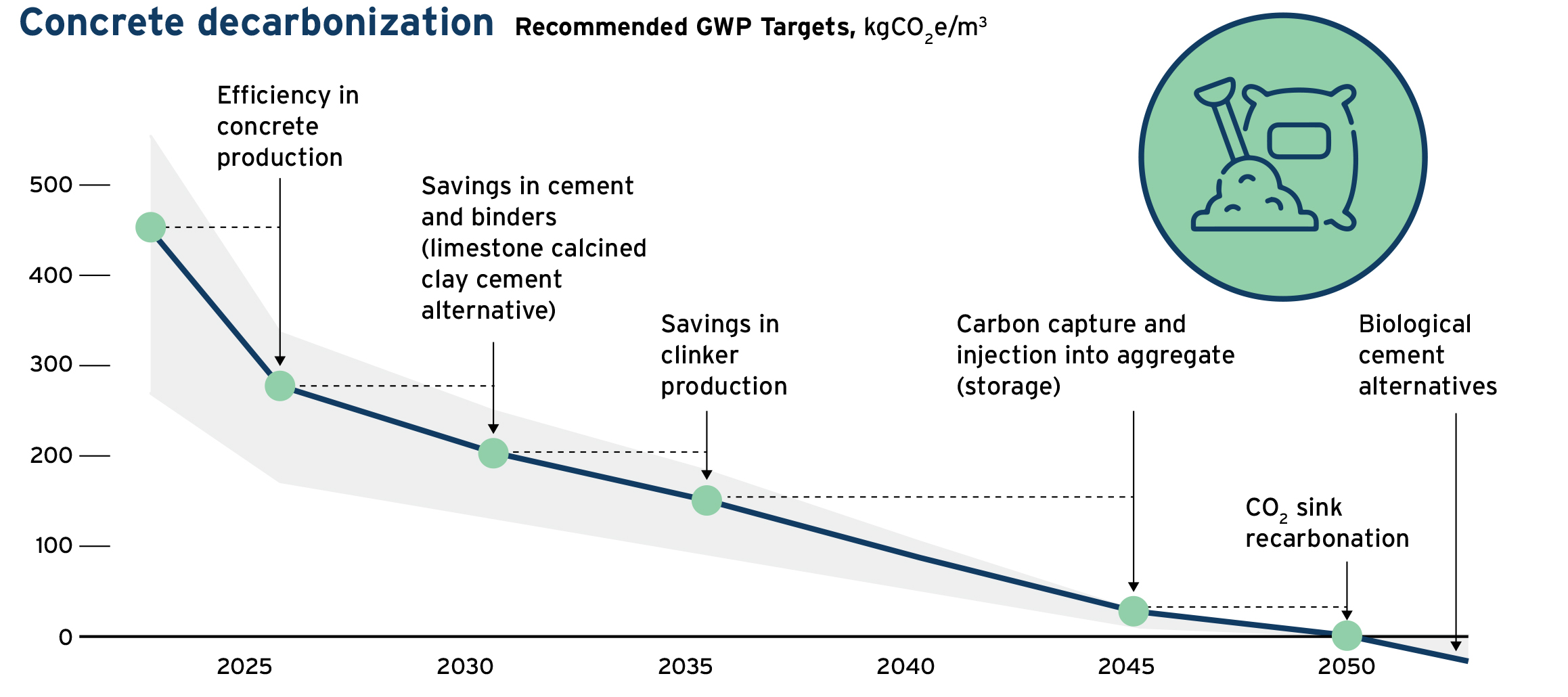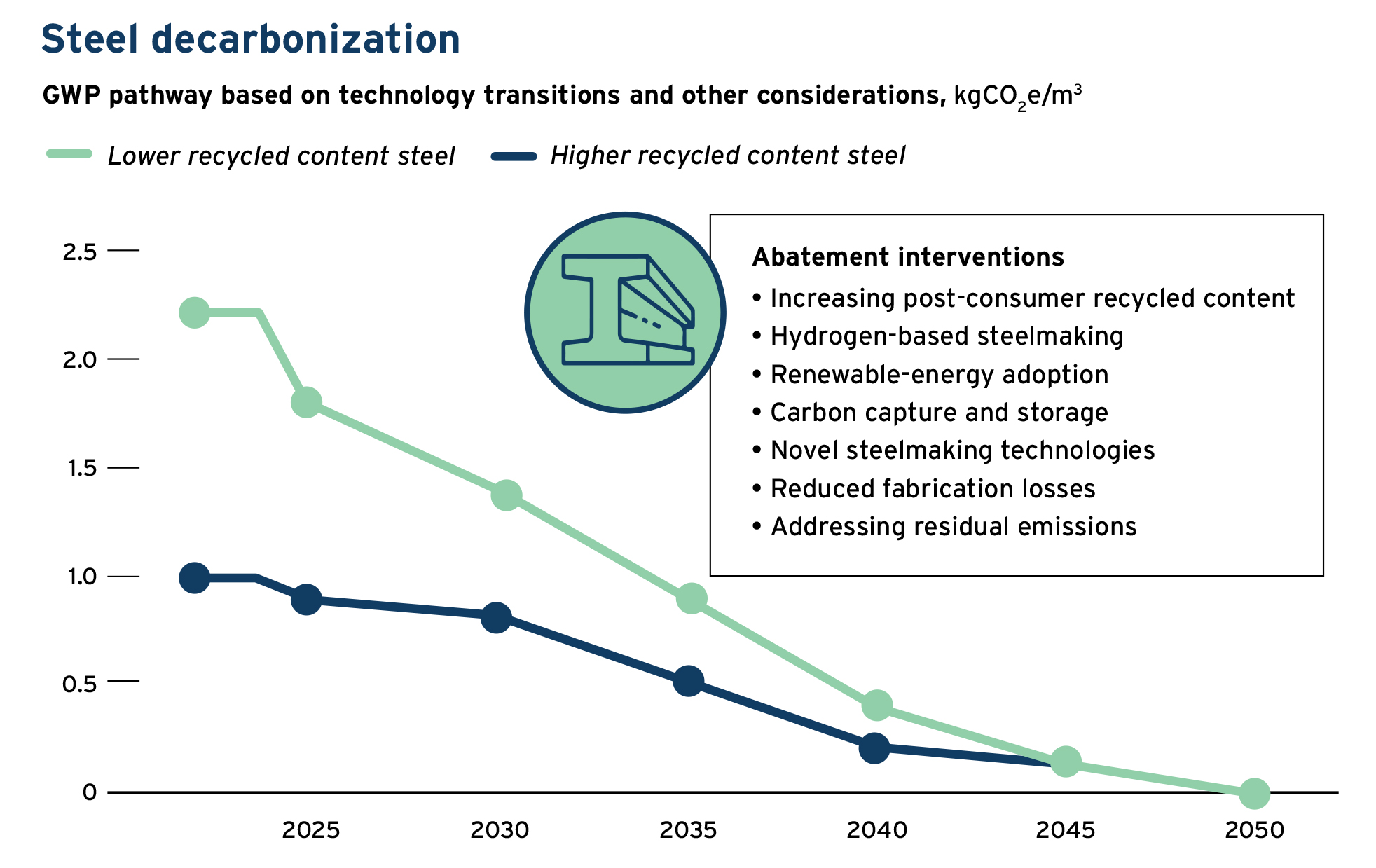RMI, USGBC drive “Action on Embodied Carbon in Buildings”
Sources: RMI, Boulder, Colo.; U.S. Green Building Council, Washington, D.C.; CP staff
Environmental policy authority RMI and the U.S. Green Building Council (USGBC) address emissions reduction challenges along with measures to accelerate building construction sector decarbonization in “Driving Action on Embodied Carbon in Buildings.” Released in conjunction with USGBC’s 2023 Greenbuild International Conference and Expo, the new report offers recommendations or insights to better track, measure and reduce CO2 emissions across a building’s lifecycle, including:
• State of the data on embodied carbon;
• Opportunities to reduce embodied carbon from standard building practices;
• Current and emerging benchmarking standards;
• Carbon intensity of specific materials;
• Embodied carbon savings potential from reuse, recycling, and circularity; and,
• Assessments of emerging and future low-embodied carbon technologies.

The report is posted here.
RMI and USGBC’s work will address embodied carbon emissions from materials or products, while informing the regular development process for LEED v5—the next version of USGBC’s Leadership in Energy and Environmental rating system encompassing sustainable building design, construction, and operations standards. Joint efforts behind Driving Action, notes RMI carbon-free buildings expert Victor Olgyay, provide “relevant, cutting-edge research and information on reducing embodied carbon emissions as the [LEED] rating system continues to push the building industry to be part of the climate solution by providing tangible approaches to achieve high-performance projects that are good for business and the planet.”

Source: “What is the Future of Concrete and Steel?” chapter, Driving Action report
“Addressing embodied carbon emissions in the building and construction sector is a challenge that will require an industry-wide approach and working with leading institutions like RMI,” adds USGBC Senior Vice President Melissa Baker. “Our work together aims to provide recommendations and key takeaways to inform standard practices that will help us meet our global climate goals.”

Source: “What is the Future of Concrete and Steel?” chapter, Driving Action report